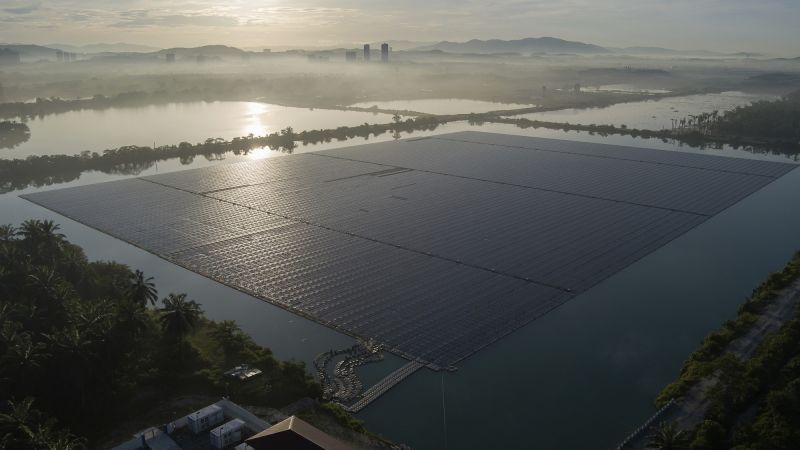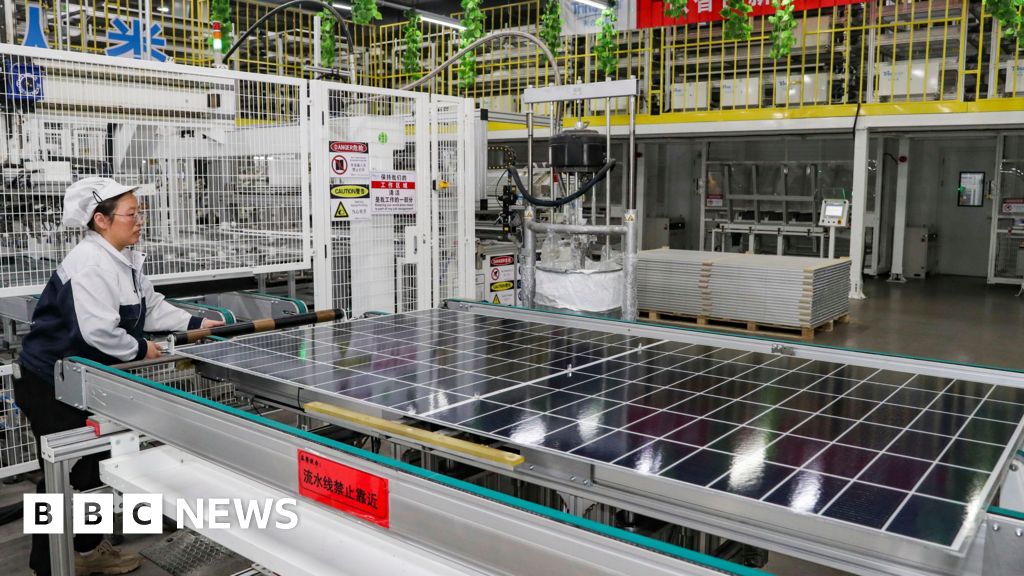US Plans Tariffs Up to 3,521% on Southeast Asian Solar Panels Amid Trade Dispute
The US Commerce Department proposes steep tariffs on solar panel imports from Southeast Asia to address alleged unfair trade practices by Chinese manufacturers.
Overview
The US Commerce Department's proposed tariffs on solar panel imports from Cambodia, Thailand, Malaysia, and Vietnam range up to 3,521%. This action follows a year-long investigation prompted by US manufacturers alleging Chinese companies have undercut prices through subsidies. The highest tariff impacts Cambodian producers who did not cooperate with the investigation. Meanwhile, some US producers and trade groups express concerns about how these tariffs might increase costs for domestic manufacturers who rely on imported parts. A final decision is pending from the International Trade Commission.
Report issue

Read both sides in 5 minutes each day
Analysis
- US Commerce Department has proposed tariffs up to 3,521% on solar panel imports from four Southeast Asian nations due to allegations of subsidized Chinese products and unfair pricing.
- The tariffs have mixed support among industry stakeholders; while they are seen as a victory for US solar manufacturers, critics argue they could lead to higher prices for consumers and hinder the growth of US solar jobs.
- This move follows previous tariffs imposed by the Trump administration and highlights ongoing tensions in US-China trade relations.
Articles (3)
Center (1)
FAQ
The US Commerce Department proposed steep tariffs to address alleged unfair trade practices by Chinese manufacturers who are accused of undercutting prices through subsidies by operating out of Southeast Asian countries.
The proposed tariffs affect solar panel imports from Cambodia, Thailand, Malaysia, and Vietnam.
Cambodia received the highest tariff because its producers did not cooperate with the US investigation into the trade practices.
Some US producers and trade groups are concerned that the tariffs might increase costs for domestic manufacturers who rely on imported parts for their solar panels.
The tariffs still need to be ratified at a meeting of the International Trade Commission, expected in June, before the US Department of Commerce enforces the duties.
History
- This story does not have any previous versions.


